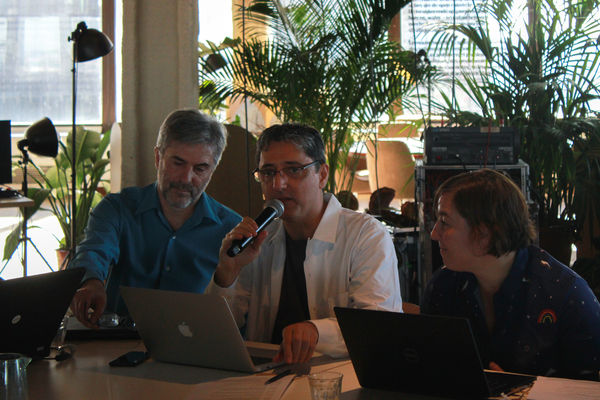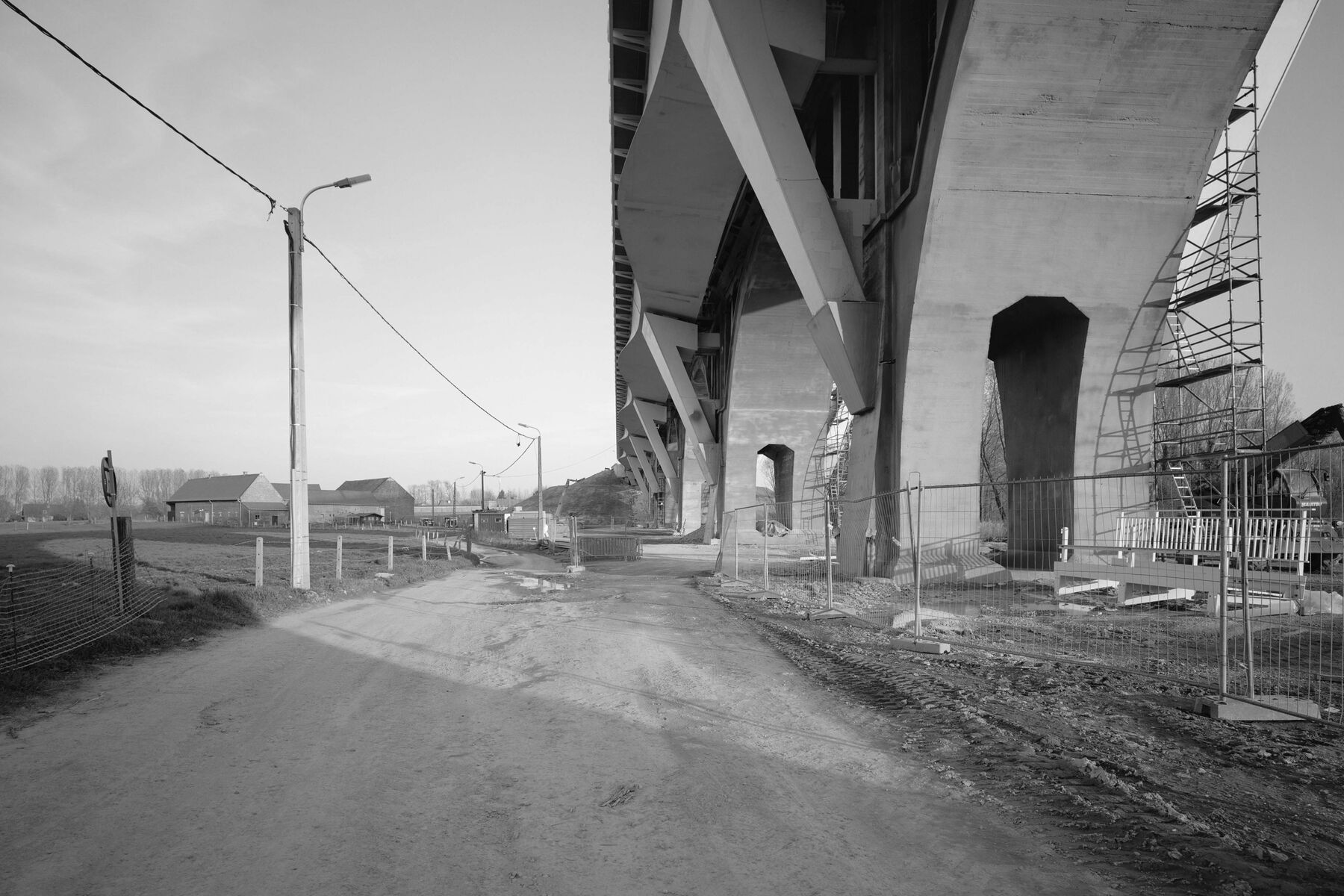Today's urban context is primarily a food-limiting environment: on the one hand, demographic growth has driven farming out of the city, on the other the current food production process, which requires ever more space due to its continuous expansion, no longer feels at home in an urbanised environment. The connection between food producers and consumers appears to be disturbed. The same applies to water and energy. Farming is the largest consumer of freshwater sources in the world and over a quarter of energy consumed worldwide is used in food production and supply. The indisputable mutual dependence between these critical domains requires an integral approach to ensure water and food security and sustainable farming and energy generation worldwide. Nevertheless, in the suburbs and the increasingly urbanised environment of the metropolis there is often a rich diversity of farming activities already, and it seems that in practice, urban farmers play a key role as local, decentralised managers of food, water and energy.
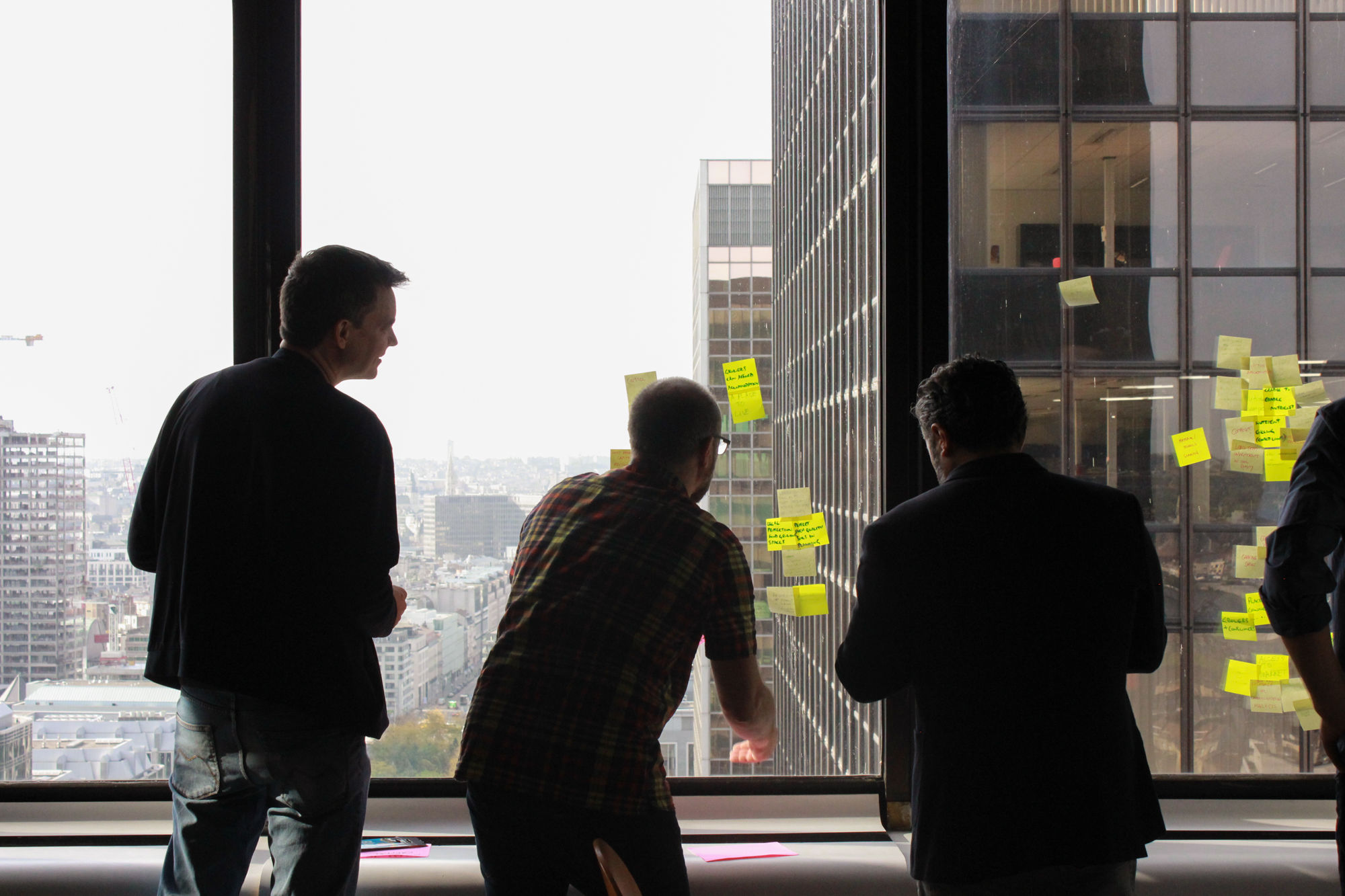
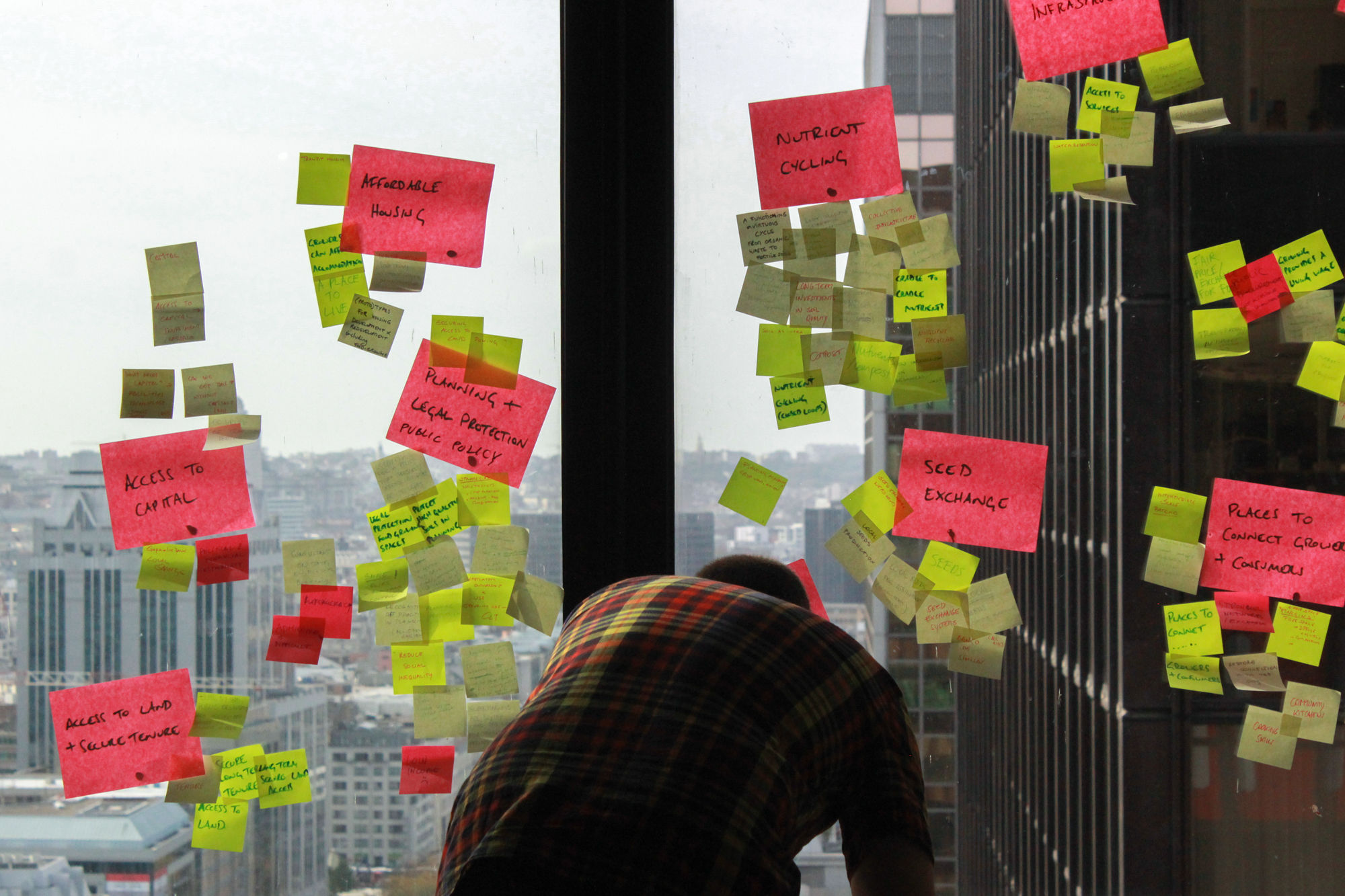
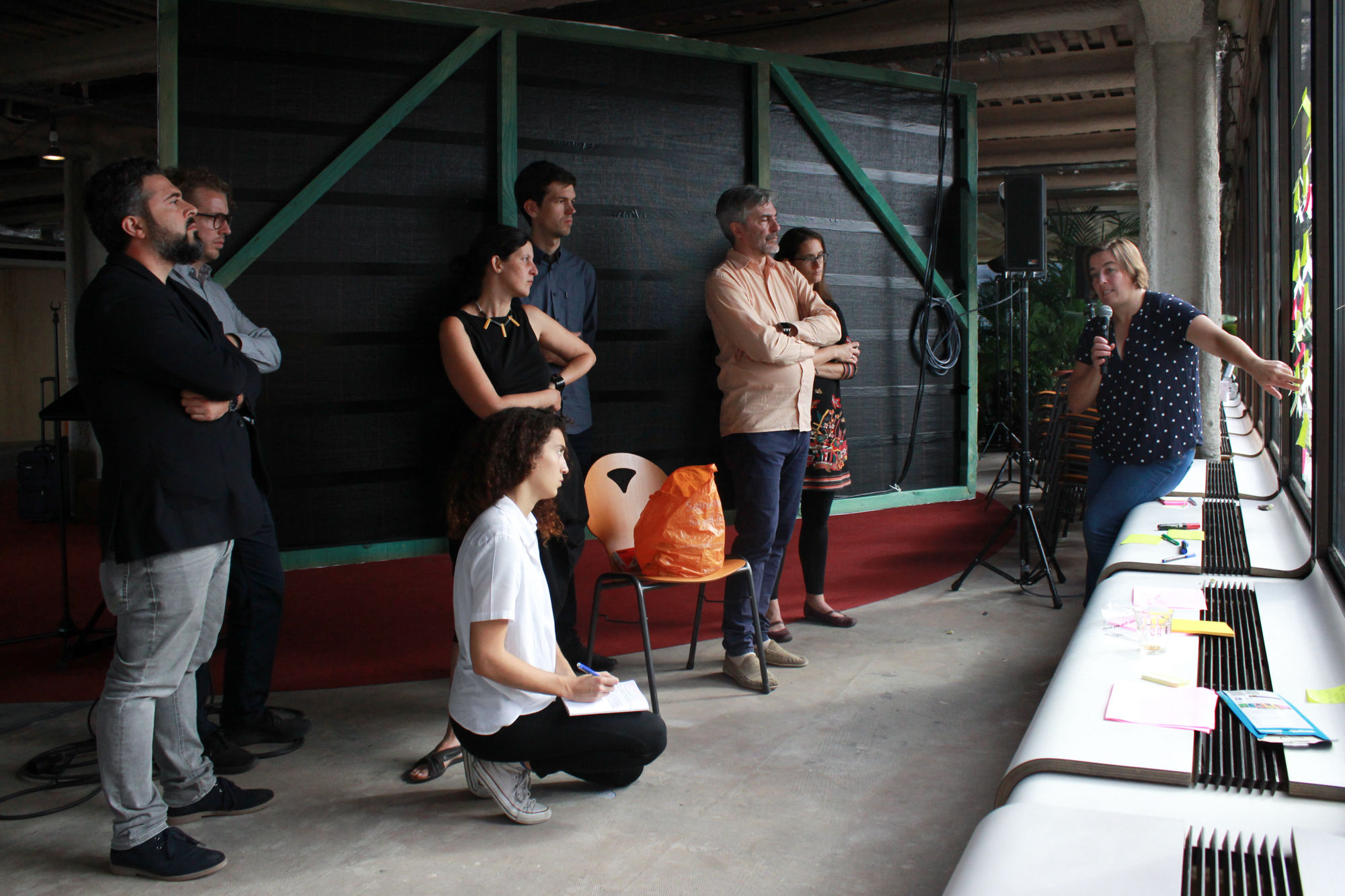
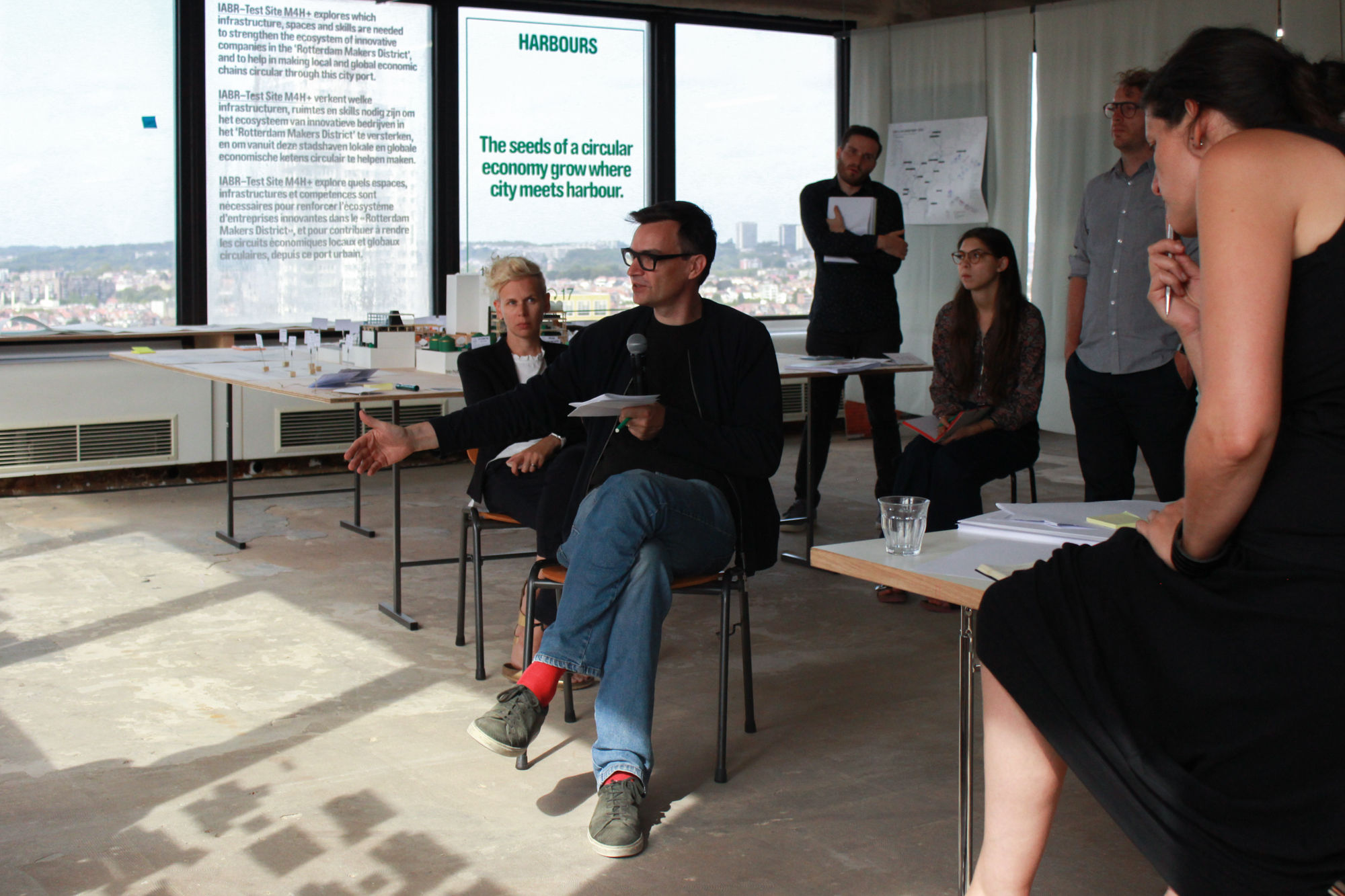
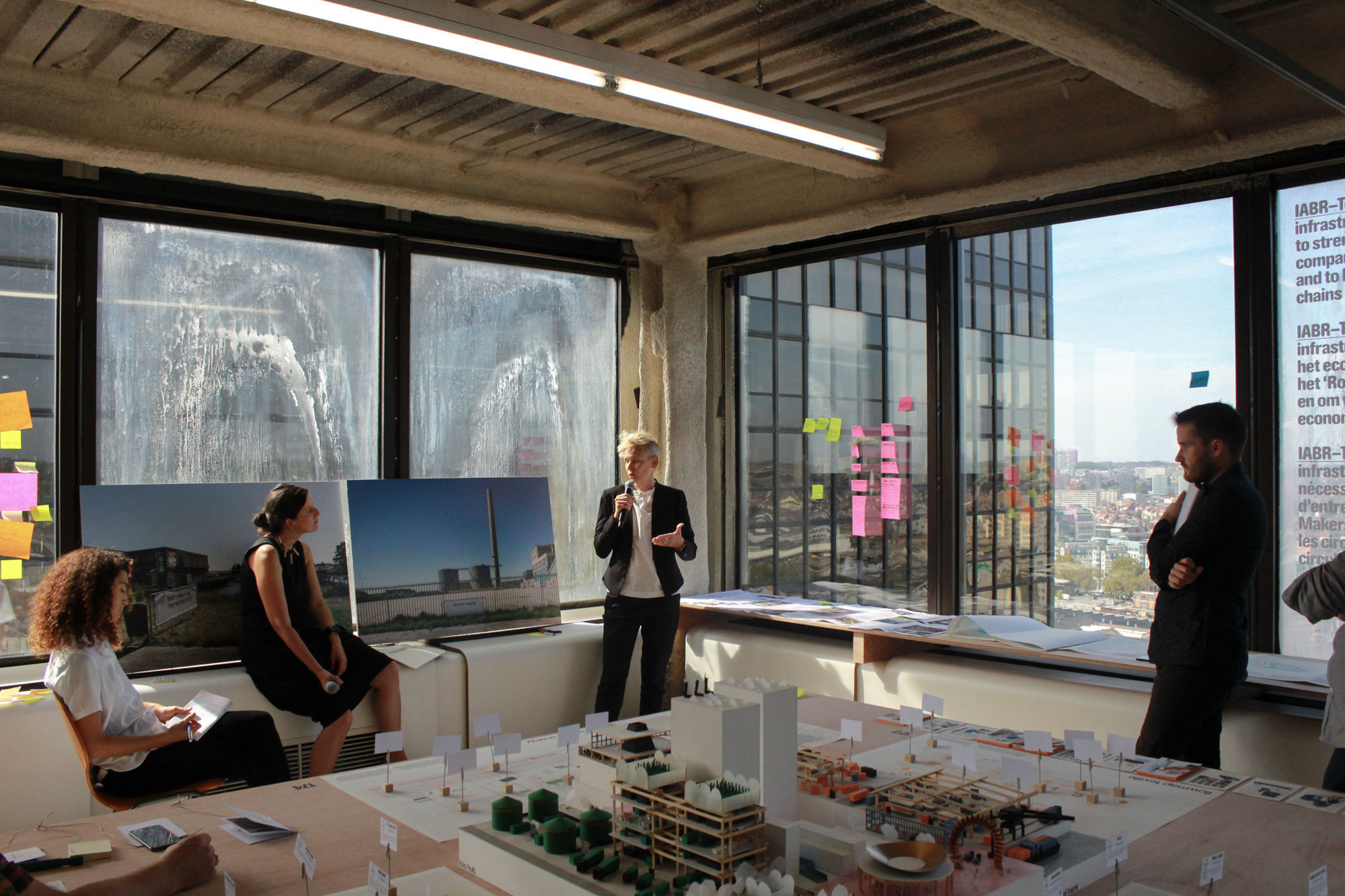
Urbanising in Place is an international research collaboration that explores these farming and food cultivation practices in the suburbs of the metropolis. Within what we call 'agroecological urban planning'. It is a model of urbanisation with the following core values: food, metabolic cycles in the city and ethical and responsible land management, equality and solidarity. The project examines the physical and metabolic context, which means the mutual relationship of input and output in urban planning and farming. Urbanising in Place will also focus on scenarios for economic valorisation and political processes that could provide alternative options in the chain. As well as the specific working methods and configurations that farmers and food producing communities can develop to regain control of their raw materials and demand an active role as agroecological actors in the field of food, water and energy in a metropolis.
‘Urbanising in Place’ brings together innovative practices from four different contexts (Riga, Rosario, Brussels and London) in an international exchange aimed at mutual learning and the search for paths for change. Architecture Workroom Brussels is responsible for elaborating the research case for Brussels, together with Ghent University, BoerenBruxselPaysans and Terre-en-Vue, and for coordinating the international knowledge exchange (together with partners Shared Assets and RUAF.
The Brussels research case will study alternative mechanisms for opening up land for agroecological activities, in which food production in the suburbs is linked to metabolic challenges in the greater metropolitan zone. Our Flemish context is dominated by highly dispersed urbanisation. This is generally viewed as something negative (heavy commuting traffic, little open space, lots of ribbon development, etc.). The horizontal metropolis (after a concept by Paola Vigano, which seeks the qualities and opportunities of dispersed urbanisation) needs farmers.
From a historical perspective, the landscape area around Brussels was a farming area, consisting of a number of dispersed settlements. Production (partially) focused on local consumption. Due to the general political context, which focuses on larger agricultural firms with a lower number of farmers, the zone around the metropolis rapidly lost its farmers. This is not only problematic due to the larger ecological footprint involved when food has to be supplied from further afield, but also results in an urbanised landscape that becomes alienated from its productive base. Supplies in the horizontal metropolis are largely based on a borrowed infrastructure of rural, agricultural origin. The existence, maintenance and reproduction of this infrastructure are largely dependent on farming. In other words: if you take away the farm, shouldn't we collectively maintain the infrastructure? Shouldn't we view it more as private property, for which the owners have to pay?
Given current attempts to reintroduce new forms of food production in this region, not only do we want to examine the farming models but also the bridges that must be built to the main urban market (Brussels), which in administrative terms, belongs to a different political government than the surrounding suburbs.
As a location for the opening workshop and the closing conference, the consortium has put Brussels on the map as a central hub for innovation in the field of food, water and energy. From 18 to 20 September 2018, the international consortium first met in the You Are Here workspaces in WTC tower I, in the North district of Brussels.
‘Urbanising in Place’ is one of the selected projects for Sustainable Urbanisation Global Initiative (SUGI) / Food-Water-Energy Nexus, jointly launched by the Belmont Forum and the Joint Programming Initiative Urban Europe. The collaboration was set up to bring together fragmented research projects and knowledge from all over the world and find new, innovative solutions for the related problems of food, water and energy. SUGI-FWE Nexus is supported by the European Commission and funded under the Horizon 2020 ERA-NET Cofund programme. Architecture Workroom Brussels is supported by Innoviris Brussels.
